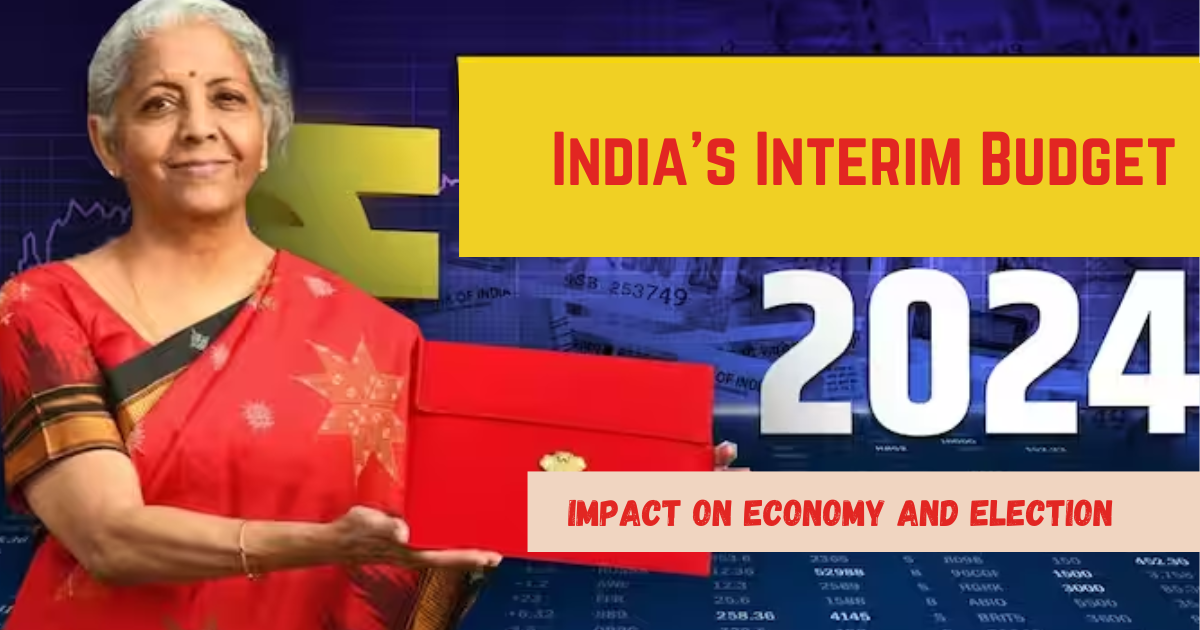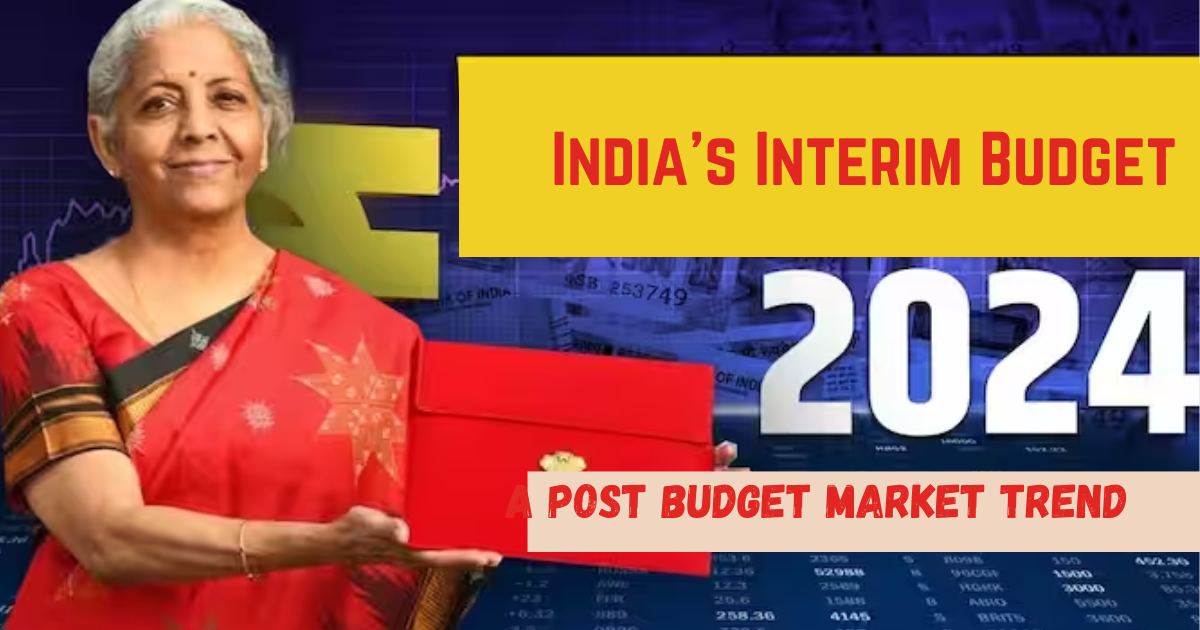Title: Insights from India’s Interim Budget 2024: What it Means for the Economy and Elections

The recent announcement of India’s interim budget for 2024 has sparked discussions among economists and citizens alike, shedding light on the country’s economic trajectory and the political landscape leading up to the upcoming national elections. Here’s a simplified breakdown of key insights from the budget:
1. Fiscal Targets and Investment Outlook: The government, led by Prime Minister Narendra Modi, aims to lower the fiscal deficit to 5.1 percent of the GDP for the upcoming financial year, signaling a commitment to fiscal consolidation. This move has garnered positive reactions from economists, who view it as a step towards improving India’s investment rating and attracting more capital inflows.
2. Focus on Rural Economy: A notable aspect of the budget is its emphasis on bolstering the rural economy, which has been grappling with challenges such as weak consumption and economic distress. By allocating resources to schemes targeting fisheries, women’s self-help groups, and affordable housing, the government seeks to uplift rural communities and stimulate growth in these areas.
3. Infrastructure Development and Job Creation: The budget outlines plans for increased capital expenditure on infrastructure projects, including roads and bridges, aimed at spurring economic growth and generating employment opportunities. While the pace of capital spending is slightly lower than in previous years, the government remains committed to investing in long-term development initiatives.
4. Subsidy Reductions and Policy Changes: Certain cuts in budget allocations have been observed, particularly in food subsidies and fertilizer bills. These reductions may reflect adjustments in response to global price trends and evolving policy priorities. Additionally, some existing schemes, such as subsidies for hybrid and electric vehicles, are being phased out, with potential new initiatives anticipated post-elections.
5. Political Implications: Analysts view the budget as a reflection of the government’s confidence in its prospects for re-election. By aligning budgetary decisions with electoral interests, policymakers aim to bolster voter sentiment and secure support ahead of the upcoming polls. The budgetary allocations and policy measures signal the government’s strategic approach to addressing key socio-economic issues while navigating the electoral landscape.
In essence, India’s interim budget for 2024 serves as a barometer of the country’s economic priorities and political dynamics. As citizens prepare to cast their votes in the forthcoming elections, the budgetary decisions and their implications underscore the intricate interplay between governance, economics, and democracy in shaping the nation’s future.
